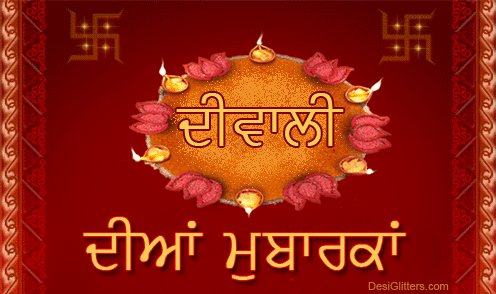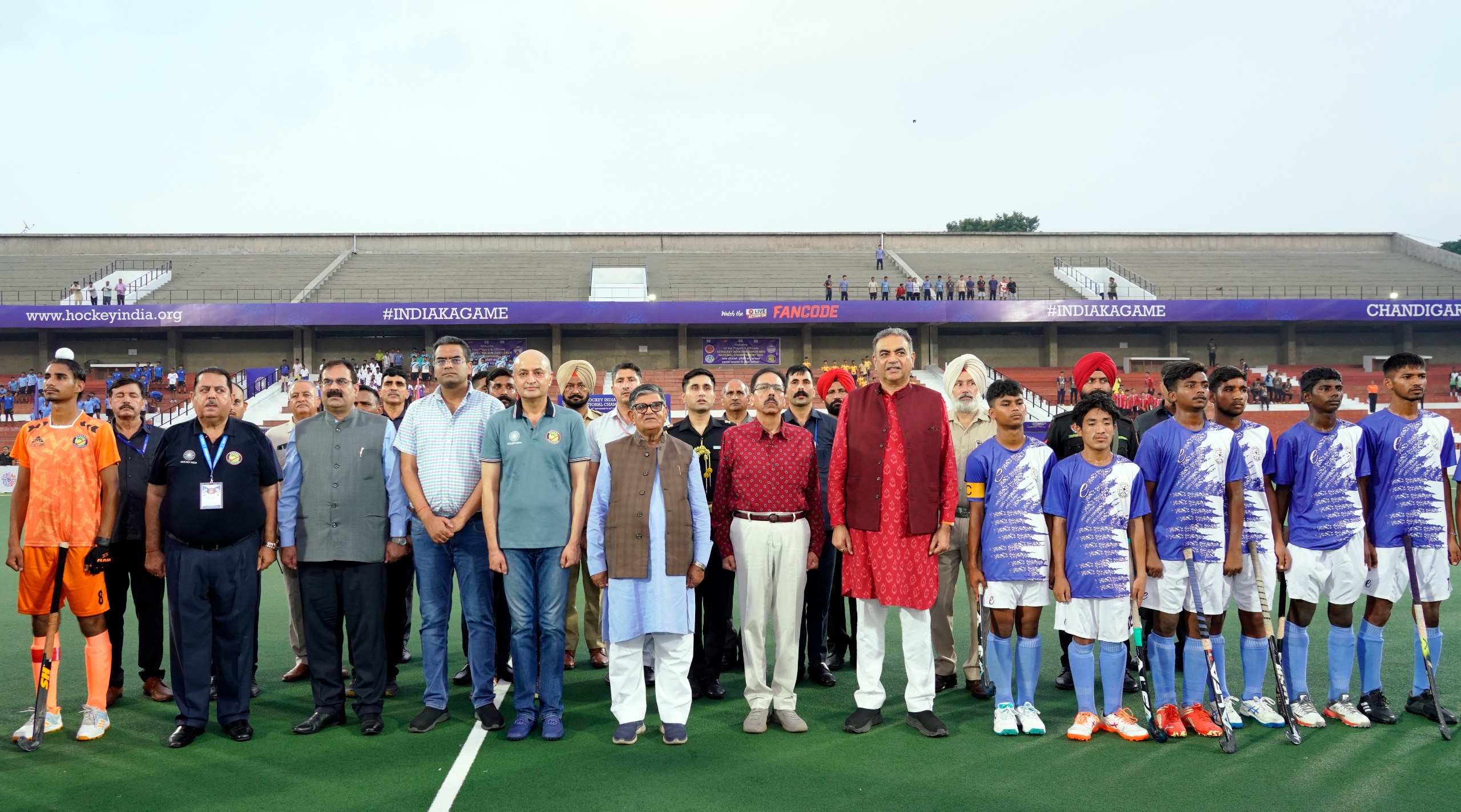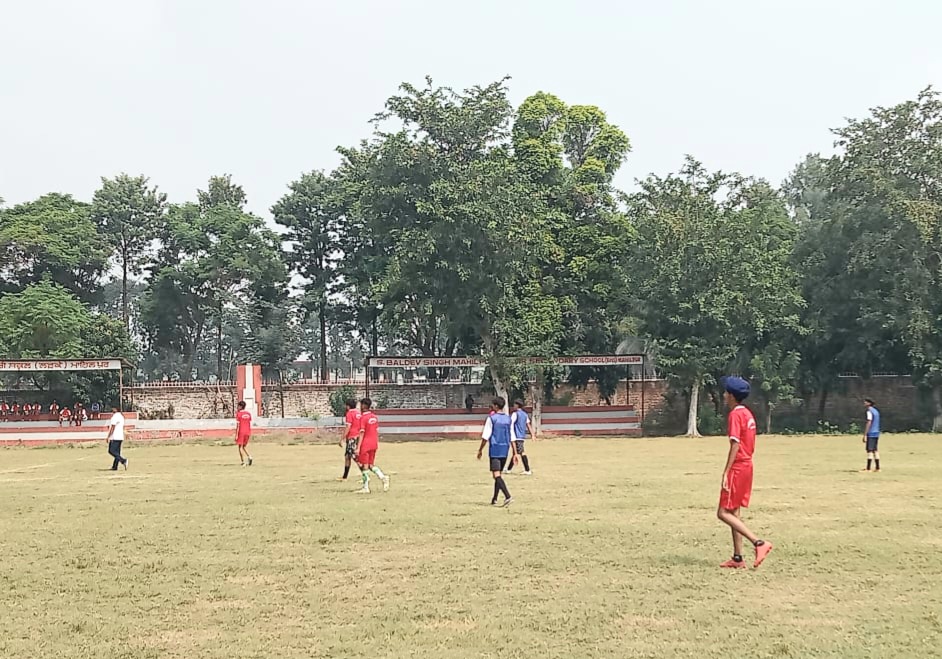
Vijay Diwas reminds us of the bravery, indomitable courage and bravery of the Indian Army - Lieutenant Colonel SK Kalia
Una, December 15 - Lieutenant Colonel SK Kalia said that the background of the war had started forming from the beginning of the year 1971 when Pakistan's then military dictator Yahiya Khan ordered on March 25, 1971 to crush the public sentiments of East Pakistan with his military power. Gave.
Una, December 15 - Lieutenant Colonel SK Kalia said that the background of the war had started forming from the beginning of the year 1971 when Pakistan's then military dictator Yahiya Khan ordered on March 25, 1971 to crush the public sentiments of East Pakistan with his military power. Gave. After this Sheikha Mujeeb was arrested. Then a large number of refugees from there started coming to India continuously. When news of misbehavior by Pakistani army came in India, pressure started coming on India to intervene through army. The then Prime Minister Mrs. Indira Gandhi wanted this military intervention to take place in April and advice was taken from the then Army Chief General Manekshaw in this regard. On this, General Manekshaw, considering his military capabilities and all other aspects, informed the Prime Minister about his position and said that he wants to enter the war with full preparation.
Lieutenant Colonel told that after a few months, on December 3, 1971, the Pakistani Army suddenly came to the Indian border and started bombing military airports like Pathankot, Srinagar, Amritsar, Jodhpur and Agra. On this, the Indian Army immediately retaliated and moved rapidly to the east and captured Jessore and Khulna. After this the war continued for about 14 days. During the war, on December 14, on the basis of a secret message, the Indian Army dropped a bomb from a MiG-21 on the meeting place of senior officers of the Pakistani Army in Dhaka and blew up the roof of the building and Governor Malik wrote his resignation. On 16 December, General Jacob received a message from General Manekshaw that he should immediately reach Dhaka to prepare for surrender. The Indian Army had taken complete control of the war and Lt. General Arora landed at Dhaka airport in the evening. Arora and Niazi sat at a table and both signed the surrender document. General Niazi handed over his rank badge and revolver to General Arora with tears in his eyes. Along with this, 93 thousand soldiers also surrendered. In this war, the Indian Army also lost 39 thousand soldiers and 9851 soldiers were injured. After this, East Pakistan, now known as Bangladesh, was liberated.
General Manekshaw informed Prime Minister Smt. Indira Gandhi about this glorious victory. The joy of this historic victory fills the heart of every countryman with enthusiasm every year on 16th December. On this day, the entire country remembers and salutes the bravery, indomitable courage, bravery and valor of those brave sons.








